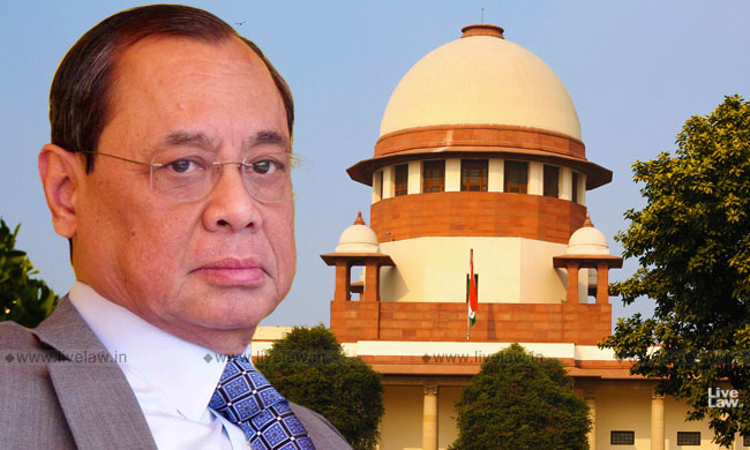SC Agrees For Early Listing Of Petition Challenging Article 370 Of The Constitution
Mehal Jain
10 July 2019 2:43 PM IST

Next Story
10 July 2019 2:43 PM IST
The Supreme Court on Wednesday agreed for an early listing of the petition challenging the constitutionality of Article 370 of the Constitution by virtue of which the state of Jammu & Kashmir is accorded a special status. The PIL, by BJP Leader and Advocate Ashwini Kumar Upadhyay, seeks a declaration that the proviso to Article 370(3) has lapsed with the dissolution of the J &...
